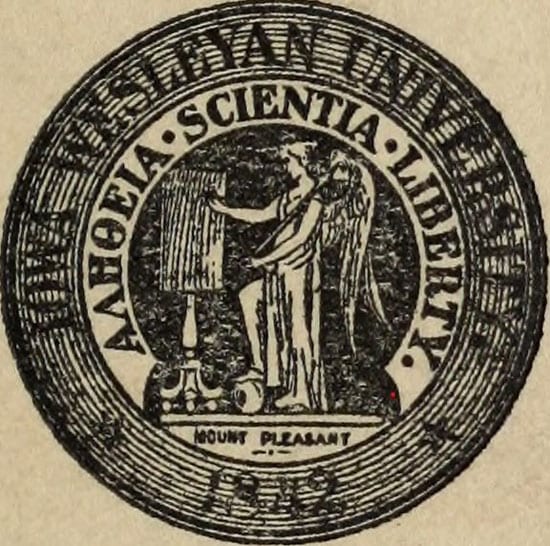
November 5, 2018; Inside Higher Ed
There are many ways nonprofits can alert their constituents to a state of extreme distress, but when the president of Iowa Wesleyan University, Steven E. Titus, announced on the school’s website that there was not enough money to continue operating, he made it crystal clear that the crisis was worsening even after trying to regain its footing after a similar critical situation in 2014. That period saw a massive reduction of faculty, some of which have since been replaced. Now, Titus says, “The university does not have a healthy endowment or extensive donor network.”
We have attempted to secure funding to establish a solid financial base. Unfortunately, several anticipated gifts simply have not materialized. At this moment, the university does not have the required financial underpinnings to bridge the gap between strong enrollment and new programming, and the money needed to keep the institution open.
The board will meet again on November 15th to continue the discussion on the school’s viability even as supporters try to surface the money needed to provide some breathing room.
Iowa Wesleyan has an endowment of less than $8 million and long-term debt of $26 million. It would take, at minimum, $4.5 million to cover expenses to December 2019. According to their 990s, they have run with a deficit in the millions since 2013. The deficit at the end of the fiscal year in 2015 went from $2.8 million in the previous year to $4.6 million. That was its high, but it is nowhere near breakeven even now.
Sign up for our free newsletters
Subscribe to NPQ's newsletters to have our top stories delivered directly to your inbox.
By signing up, you agree to our privacy policy and terms of use, and to receive messages from NPQ and our partners.
Of course, there has been a run lately of small college closings. NPQ has reported on a number of them—Vermont’s Burlington College and New York’s Dowling College among them—and their repercussions. Between 2017 and 2018, colleges all over the US announced they were closing or merging programs with other institutions, among them Oklahoma’s St. Gregory’s University, Mount Ida College in Massachusetts, Tennessee’s Memphis College of Art, and Nebraska’s Grace University.
A Harvard Business professor, Clayton Christensen, predicted that online higher education programs would undermine established, traditional schools, forcing them to shut down. His theory may not be the direct reason some of these institutions are closing, but it is an oddly true prediction. Tuition income—spurring the $1.5 trillion in school loans that weigh down so many—does not cover expenses.
The university is a large part of the local economy in southeast Iowa, with a faculty of 40, not to mention ancillary economic benefits. The school has accreditation until its next review in 2027, but will receive an investigative visit in 2020 because of its finances.
The president’s statement can be viewed either as a gauntlet thrown or a bell tolling, as the university’s future now lies to some extent in the hands and hearts of stakeholders. Once you let the students, including international scholars, know the state of the school, they either need to mobilize as they did at Sweet Briar College, eventually raising the capital to get the space to restructure the college, or they need to start making other plans.—Marian Conway













